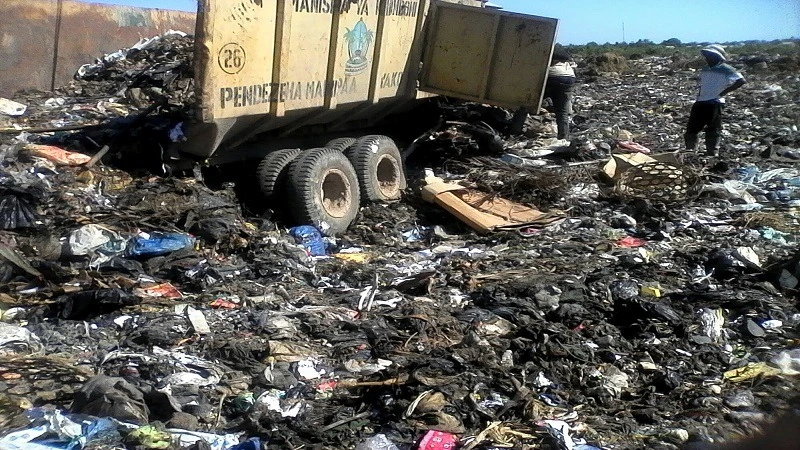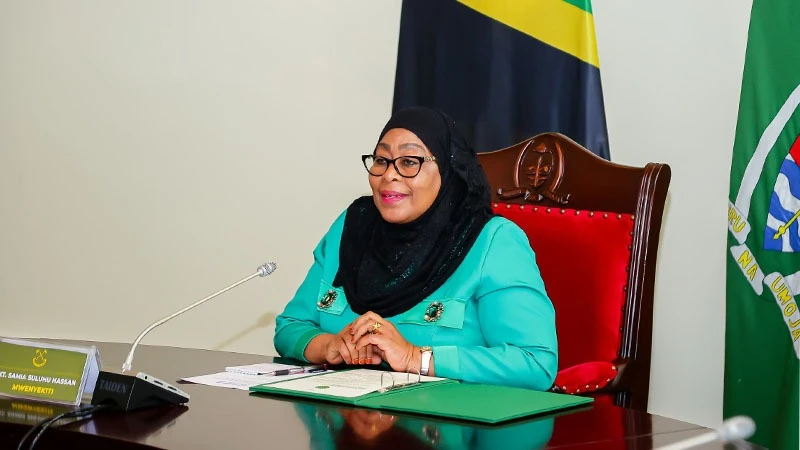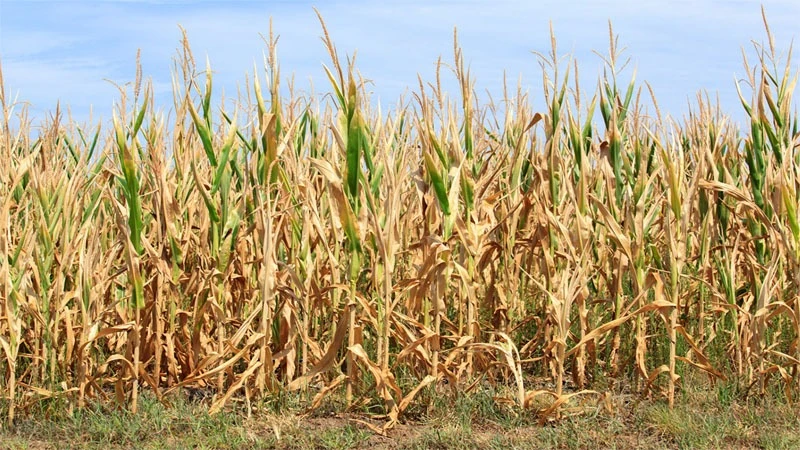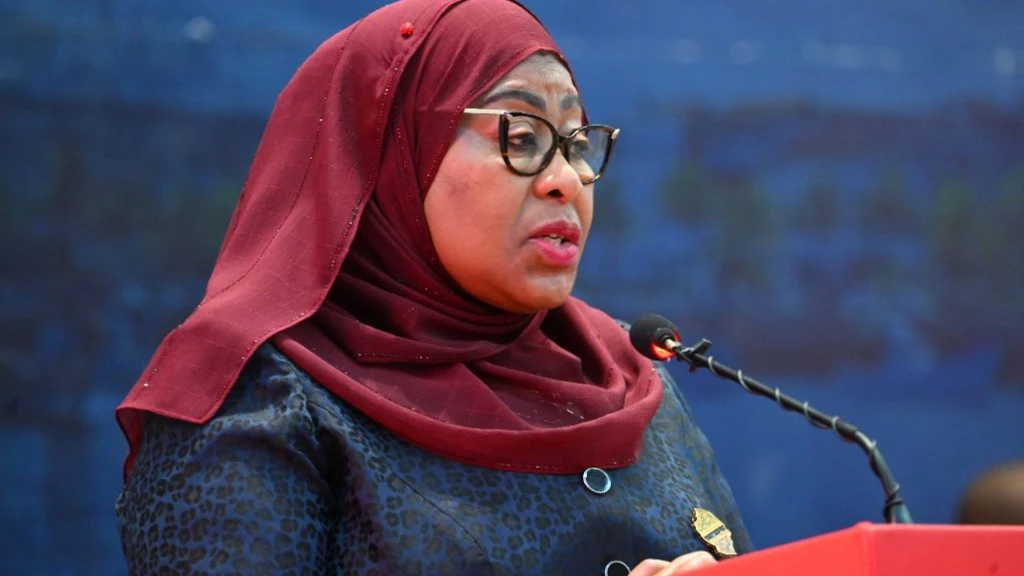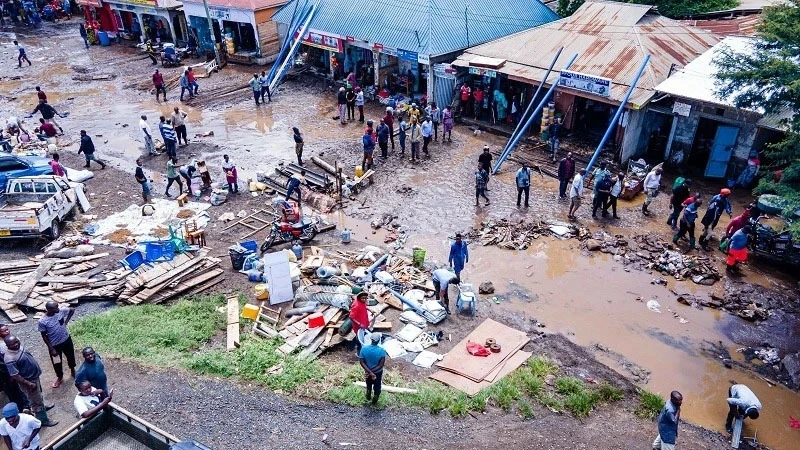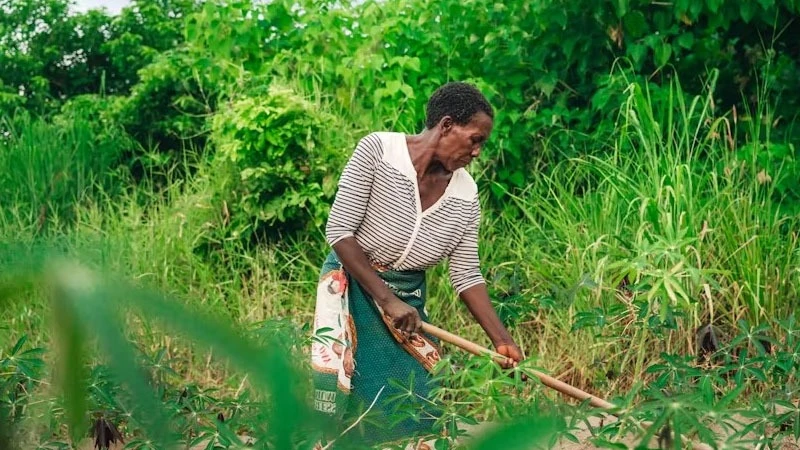Another oil and gas licensing round is good for fiscal needs

IN a global situation where fossil fuels in their various images, such as oil wells or natural gas with a fire chimney visibly damaging the earth’s atmosphere, engaging in talks with major stakeholders on a new auction of petroleum exploration blocks later this year can register a little discomfort.
There are many who would not wish to hear this kind of news, having committed their faith and imagination to eliminating fossil fuels for renewable energy as the principal goal of action of the environment.
It is not an irrelevance but the world is still a bit far from eliminating oil altogether and, even less so, natural gas.
A senior official with the Indian High Commission in Tanzania recently made exploratory consultations with the Petroleum Upstream Regulatory Authority (PURA), with the government’s plan to auction oil and gas blocks set to come up in the next few months.
The high commission deemed it necessary to meet the right Tanzanian officials to enable it provide comprehensive information to companies and stakeholders back home, as a number of Indian firms are likely to be interested in this information.
That was another moment of economic diplomacy, as auctioning oil and gas blocks doesn’t just need advertising as in supplies tenders but soliciting likely interested parties. It’s a risky investment in part, much unlike a supply deal.
While there are Western companies operating in the oil and gas sector in the country, it is unclear what sort of expansion plans they have.
It is similarly unclear whether they would still benefit from investment risk guarantees back home, as quite often this is a deciding component in an investment package.
It is undeniable that renewable energy is the mantra in policy settings in the West. The fact that hundreds of European Union legislators organised not only demonstrations but also filed a court case against the East African Oil Pipeline (EACOP) project shows the way feelings are etched in Europe.
Still, these are early days in the auction plans for onshore and offshore blocks, and already most firms doing that kind of work are Western.
It is thus possible that they may wish to expand their foothold, with other companies in their respective states not wishing to join any ‘oil rush’.
Optimal conditions for the auction may therefore still prevail, in the sense of a fairly competitive set of companies turning up, not just from one area and having synchronised their bidding positions.
A critical part of that quest is a pre-existing model of production sharing agreements as their drafting or formal approval will be tossed back and forth as top levels contest state prerogatives or benchmarks.
Some relief was visible with an observation that a review of the Petroleum Act of 2015 was under way, mainly with a view to identifying sections requiring amendments.
Oil and gas exploration and production regulatory authorities in the two countries are seeking to create synergies in particular areas, diminishing the pressure on investment firms as they have an extra channel of official communication.
Locally, the collaboration is geared at capacity building for personnel in oil and natural gas, eventually improving upstream and downstream capacities as well. It is mostly a matter of investment synergies that can be generated with different investors.
Top Headlines
© 2024 IPPMEDIA.COM. ALL RIGHTS RESERVED







